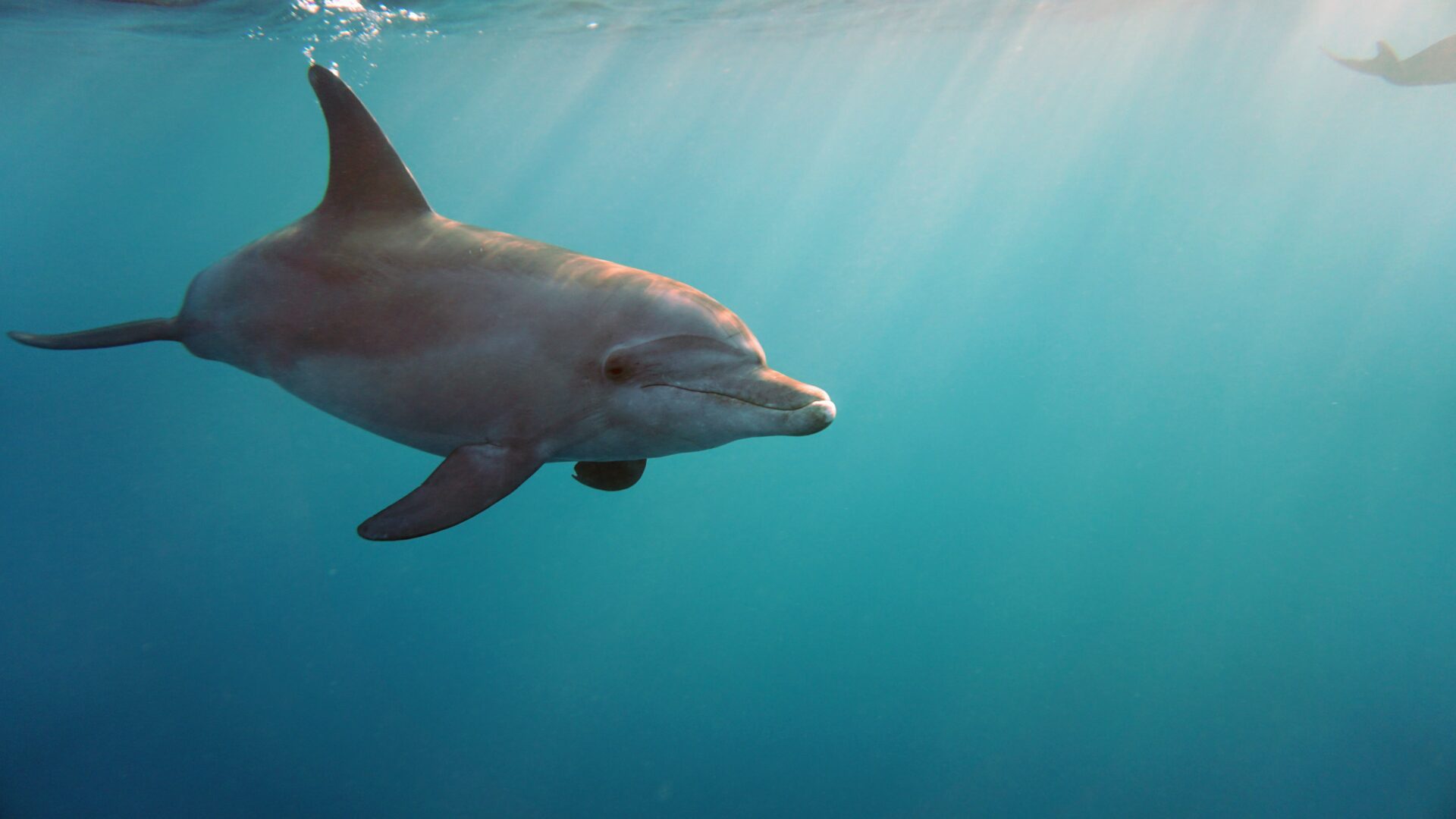Yesterday the world leading intergovernmental marine science organization, the International Council for the Exploration of the Sea (ICES), published advice supporting European NGO’s request for emergency measures to protect common dolphins in the Bay of Biscay and harbour porpoises in the Baltic. The advice supports past requests and from BirdWatch Ireland and other Irish and European NGO’s calling on the European Commission to take urgent action to stop cetacean bycatch in Europe
According to Seas At Risk who were a major driving force behind actions over the last year to address cetacean bycatch in Europe, key points of the advice include:
- ICES recommend closures in the Bay of Biscay during peak seasons that bycatch occurs, including the winter. To ensure the recovery of the critically endangered Baltic porpoise, all fisheries concerned should be closed.
- ICES propose a combination of fisheries closures and systematic use of acoustic pingers in fishing gear for both the Bay of Biscay and the Baltic to prevent common dolphin and harbour porpoise deaths respectively. Measures in the Bay of Biscay are for a range of gear types, recognising the role of a number of fisheries in the common dolphin bycatch there, whereas porpoise bycatch in the Baltic is largely in static fishing gear.
- ICES identified the generally poor level of monitoring that currently takes place, meaning that bycatch estimates are uncertain. Enhanced monitoring is recommended to assess the effectiveness of measures put in place.
- ICES clearly state that long term measures are required, beyond emergency measures.
- ICES recommend an adaptive management approach with enhanced monitoring of common dolphin and harbour porpoise, as well as bycatch in fisheries. Sequential implementation of progressively more constraining fisheries management measures (in terms of effort reduction) over a 5-year period could be used to achieve the management objectives for common dolphins.
- ICES also note that fishing effort should be reduced and not merely displaced. This is important as bycatch levels are high in other regions of the common dolphin range and displacement will likely just shift the problem, rather than solve it.
In response to the publishing of ICES advice Fintan Kelly, Policy Officer at BirdWatch Ireland commented – “Bycatch of fish, seabirds and cetaceans in Europe’s commercial fisheries is a major conservation and fisheries management issue. We are happy to see that ICES agree with NGO’s on the scale of the issue and the need for concrete changes to fisheries practices. Addressing bycatch in fisheries is a complex challenge requiring changes in fishing gear and practices. These changes will require ongoing constructive engagement between the fishing industry, scientists, NGO’s and decision makers. Ultimately these necessary changes will benefit the fishing industry and wildlife, while also improving consumer confidence in the sustainability of Irish and European Seafood.”
A special thanks to Seas At Risk for leading efforts on this important action. You can read their press release here.


